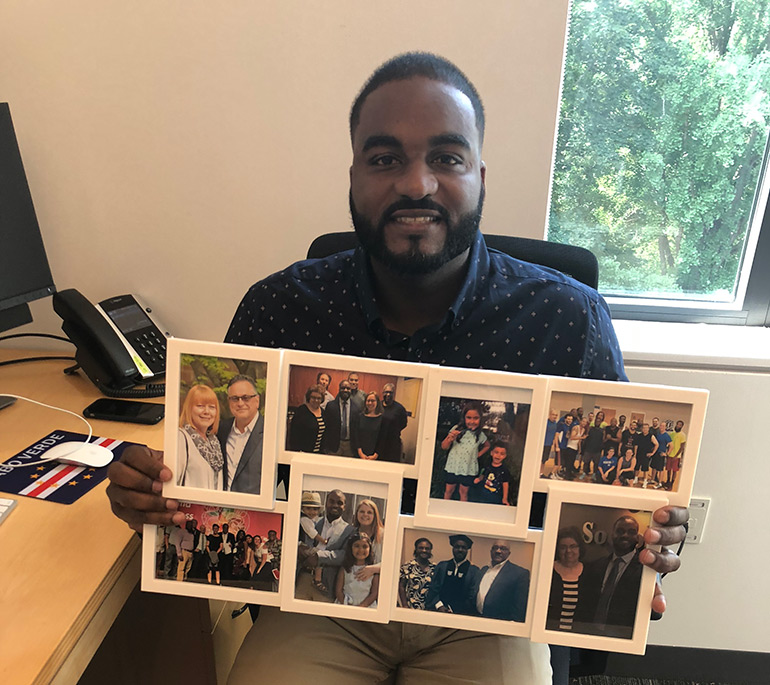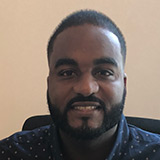What I’m teaching:
Research Methods
What I’m researching:
“My research interests are in medical sociology, race and ethnicity, aging and the life course, and I do some work on class and mobility as well. There’s a lot of research that focuses on discrimination, racism, and health. We have less research that tries to identify the buffering mechanisms, things that might lessen the impact of racism. Not that racism goes away, but I look at what resources might help people cope with racism and have a positive impact on mental and physical health outcomes.”
What drew me to Lafayette?
“I wanted to come to a place where I could focus on both excellent teaching and rigorous research. When I started looking at Lafayette and looking at the CVs of the Anthropology and Sociology faculty members who are here, it was evident to me that they were remaining active in research and their fields. But they were also serious about teaching, and that was very appealing to me. The Aging Studies Program was another big draw for me. I met with Jamila Bookwala (professor of psychology) and we had a great conversation. I was excited that there was another life course person here, and Jamila is such a well-known scholar in the field. And then the opportunity to work with students. I saw faculty members in this department publishing with students and working with them through the EXCEL Scholars Program.”
What students can expect:
“I have a sense of humor and like to have fun in the classroom. I like to engage students and try to get them to think about the issues we’re discussing. I want my students to learn by doing. From my perspective, research is a craft. It’s an apprenticeship. I want to give students an opportunity to make mistakes, learn, get feedback, and then get better, so by the time they leave they’ll feel confident in their research skills and sociological tools to contribute in whatever field they choose.”

What I’m holding:
“This is representative of my communities that have been invaluable to me during my graduate career and life in general. There’s my wife and kids. My daughter is 10, and my son is 5. My parents, who supported me financially and emotionally, my in-laws. My mentors, Eduardo Bonilla-Silva and Linda George. This is my dissertation committee. All of these people helped me in tremendous ways and in some cases very different ways. This is a group that kept me sane at Duke. I played basketball with this group three times a week for six years. Some of them were faculty members, some were graduate students, but a lot of them were not academics. They worked in recycling, athletics, grounds. These were people who called me, checked on me, made sure things were going well if they hadn’t seen me in a week or so.
What’s not on my CV:
“Basketball is one of my main hobbies. I played basketball in college. It’s a way I’ve met a lot of different people who have become very good friends to me. Besides that. I’ve coached my kids’ soccer teams. I also play piano. It’s something I did in church growing up.”

